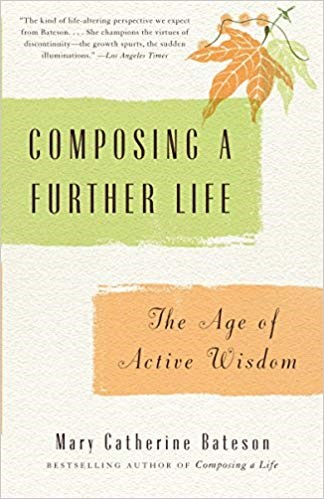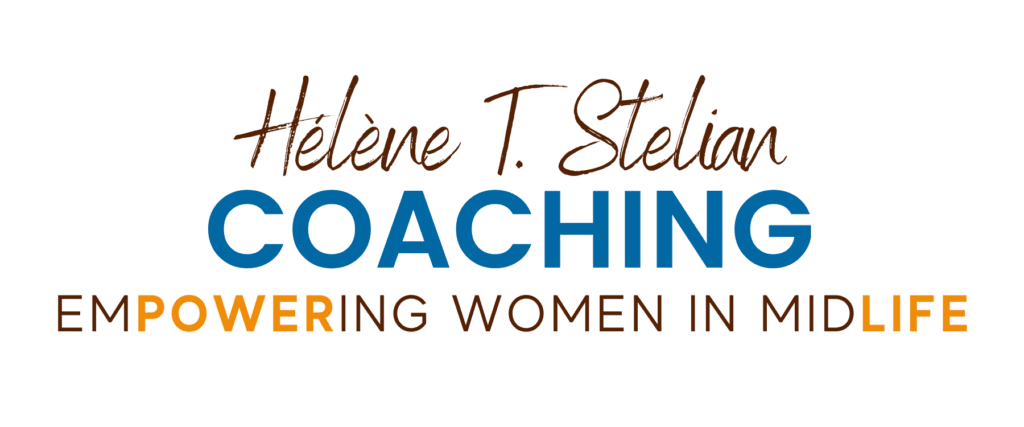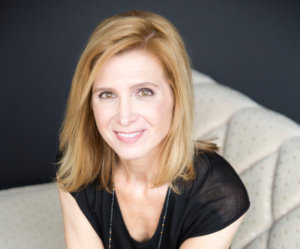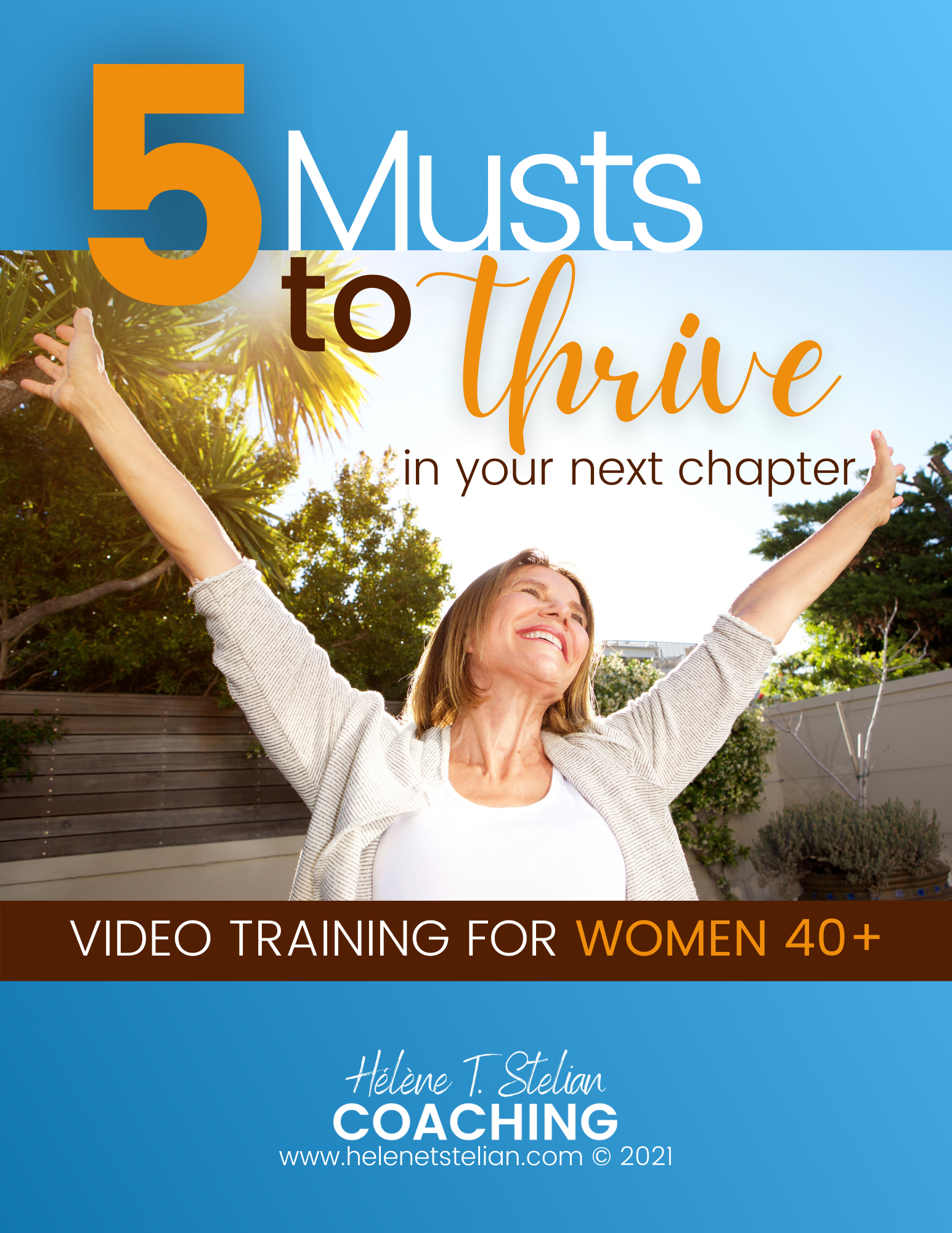 Your most recent book is Composing a Further Life: The Age of Active Wisdom
Your most recent book is Composing a Further Life: The Age of Active Wisdom. What motivated you to write about our second adulthood?
On the one hand, I saw people my age making what seemed to me bad decisions about retirement. On the other hand, I was approached by several women who had been active in the consciousness-raising work in the ‘70s and felt it was time to resume that effort. In my book, I show that this moment of increased longevity represents a huge opportunity for the human species. Never before have we had so many individuals combining so much learning and experience with continuing health (not perfect health) and mobility. We need to hold up the future they want for grandchildren and others who will outlive them—and let them make it happen. I hope to stimulate seniors into seizing this moment of opportunity.
Are there differences you’ve noticed in men vs. women?
Women have had a head start; those of us reaching our 60s and 70s have already had the experience of rethinking our lives, while many men are still thinking of their later adulthood in traditional ways.
What unique opportunities do we have as we enter our second adulthood?
First, Social Security and Medicare give us a base of freedom. In the past, for many people, old age was synonymous with penury. Of course, most people prefer not to live on social security and many have additional savings. The US lost thousands of volunteer workers when women moved in large numbers into paid employment. Many seniors look for volunteer opportunities to use their skills. Others acquire new skills (for instance at community colleges) and put them to work. Universities and colleges are recognizing that a continuing contribution depends on continuing learning and are welcoming older students or creating special programs for them. Many look back to the post World War II GI bill that brought older students (former GIs) into the classroom, which was enriching for all.
Second, even if we have not travelled, we understand something about the human capacity for change because we have lived through an era of extremely rapid change. Most seniors remember not having a private car or telephone and living without TV. Years of experience of economic and technological change, if thoughtfully considered, make it possible to do without some of the luxuries we have taken for granted.
Third, we have seen the process whereby Blacks, people with handicaps, and LGBTQ people have challenged derogatory stereotypes and internalized oppression.

What advice do you have for us to make the most of our years in midlife and later?
Look backwards on your life. What are you good at? What gives you satisfaction? What were the contexts and eras in which you felt that you learned most? Hint: consider times when you confronted change: a move, a marriage, travel, a period of illness or loss—good or bad, if you reflect on experience, you can squeeze learning from it.
What are the characteristics of jobs you have had that you want to get away from? What characteristics do you want to keep? Most people want to work. Most people like to feel they are making a contribution. But signing in at 7 am? No thanks! Outdoors in below zero weather for hours on end? No way! More flexibility is always an improvement. And given reasonable flexibility, older workers tend to be more reliable than their juniors.
Warning: Today’s youth have not been taught respect for their elders. If you want them to listen to you, start by listening to them, ask them questions, ask them to teach you some of their skills with technology.
Form discussion groups, either in homes or libraries. Perform experiments like hunting down friends you haven’t heard from in years and comparing notes. Reconnect with friends you have lost touch with.
We have the resources from a lifetime of experience but we have all internalized negative stereotypes of aging that we need to get rid of. However, don’t let your desire for respect make you reject help—accept it with thanks. People tend to feel affection for those they have helped, so swallow your pride.
What resources do you recommend for those of us who’d like to learn more about engaging more fully as we age?
Read biographies. Listen to people who have been part of more than one liberation movement—how does the experience of being Black inform the struggle for recognition of someone who walks with a cane? How do others deal with negative stereotypes? One of my favorites is The Mature Mind: The Positive Power of the Aging Brain by Gene Cohen.
Connect with Mary Catherine Bateson, Writer and Cultural Anthropologist
Email: mcatbat@gmail.com
Website: http://www.mcbateson.com/
Books:
Composing a Further Life: The Age of Active Wisdom
Our Own Metaphor
Peripheral Visions: Learning along the Way
With a Daughter’s Eye: Memoir of Margaret Mead and Gregory Bateson, A
Composing a Life
Willing to Learn: Passages of Personal Discovery

Mary Catherine Bateson is a writer and cultural anthropologist living in the Monadnock region of New Hampshire with frequent visits to Cambridge, Massachusetts. She has written and co-authored many books and articles, lectures across the country and abroad, and has taught at Harvard, Northeastern University, Amherst College, Spelman College and abroad in the Philippines and in Iran. In 2004 she retired from her position as Clarence J. Robinson Professor in Anthropology and English at George Mason University, and is now Professor Emerita. Since the Fall of 2006 she has been a Visiting Scholar at the Sloan Center on Aging & Work at Boston College. She has served on multiple advisory boards including that of the National Center on Atmospheric Research, dealing with climate change.
During the past few years MCB has completed two projects: a book titled Composing a Further Life: The Age of Active Wisdom, published by Knopf in September, 2010, on the contributions and improvisations of engaged older adults, written to raise consciousness of the changing life cycle and to encourage older adults to claim a voice for the future. This project continues to lead to further exploration of intergenerational communication and changing ways of experiencing time, and involved her as a special consultant to the Lifelong Access Libraries Initiative of the Libraries for the Future, with an emphasis on conceptualization, testing and implementation of her Active Wisdom model for community dialogues as a signature program of the Initiative. She was a founder in 2004 of GrannyVoter, now a program of Generations United, where she is developing ongoing efforts to involve seniors in efforts on behalf of children and future generations, as national co-chair of Seniors4kids.
She has also brought to conclusion thirty years as president of the Institute for Intercultural Studies in New York City, dissolving the Institute and arranging for ongoing stewardship of the literary rights of her parents and many of their colleagues. Her books in print include Composing a Life, Our Own Metaphor
, and Peripheral Visions
, as well as a memoir, With a Daughter’s Eye, A
. In 2011, she gave a series of six public lectures at Boston College, with the title “Love across difference,” which she is now developing into a book, to be published by Farrar, Straus & Giroux.







0 Comments